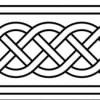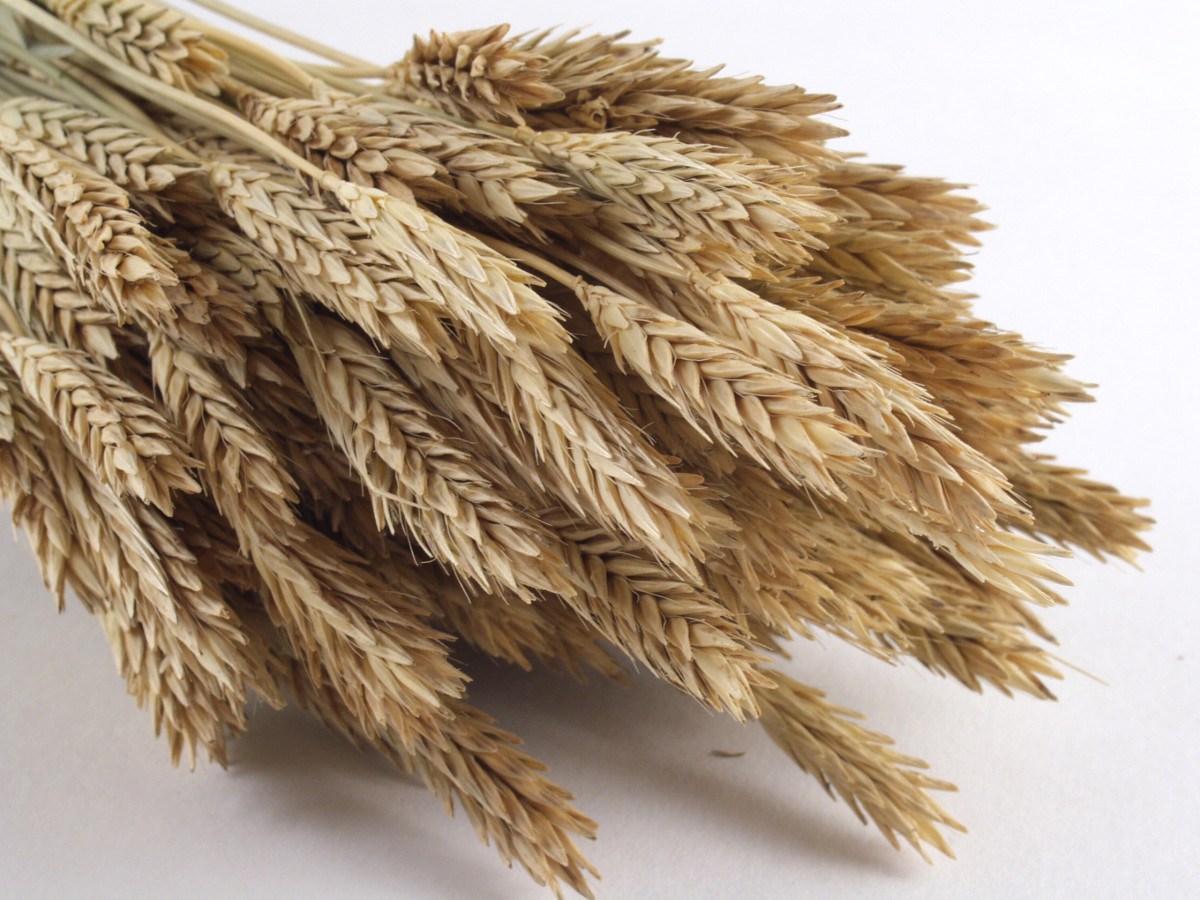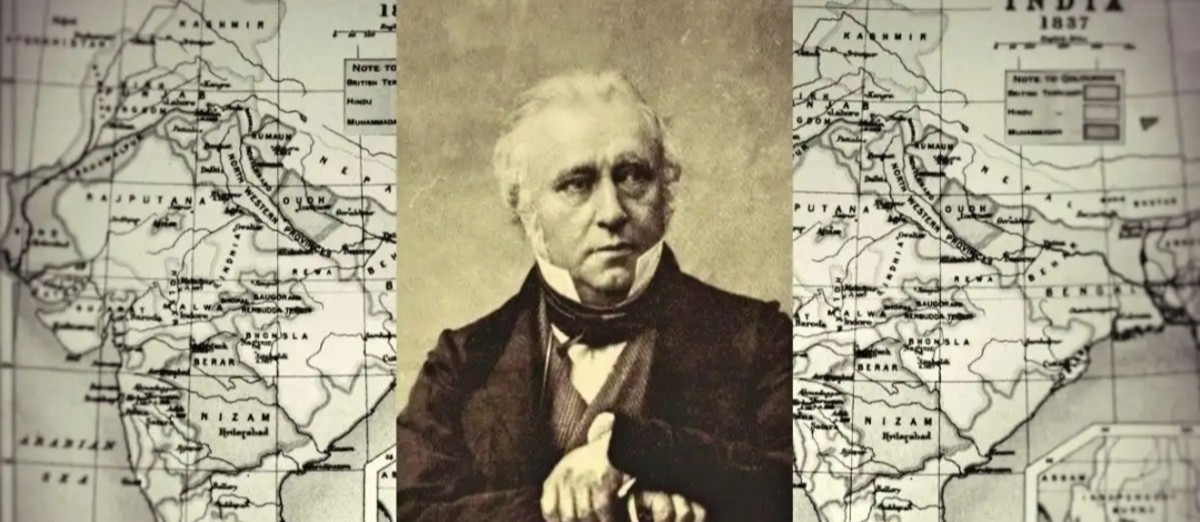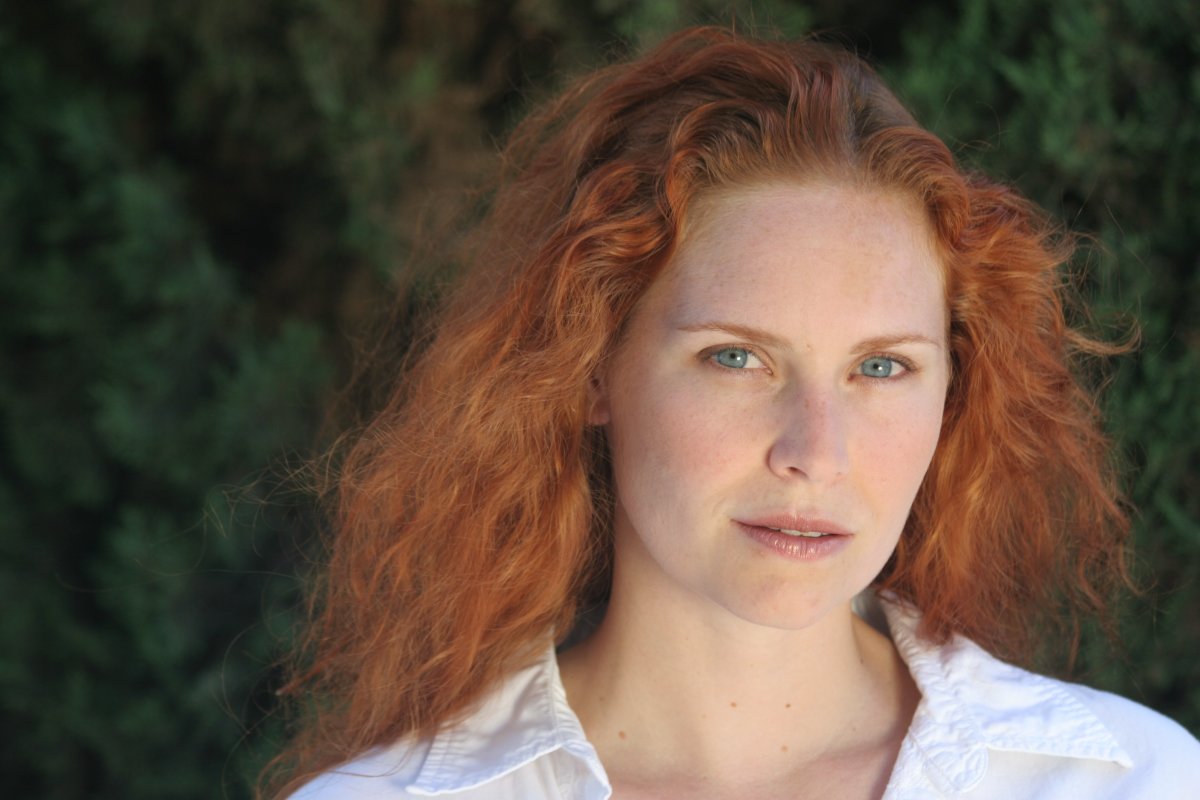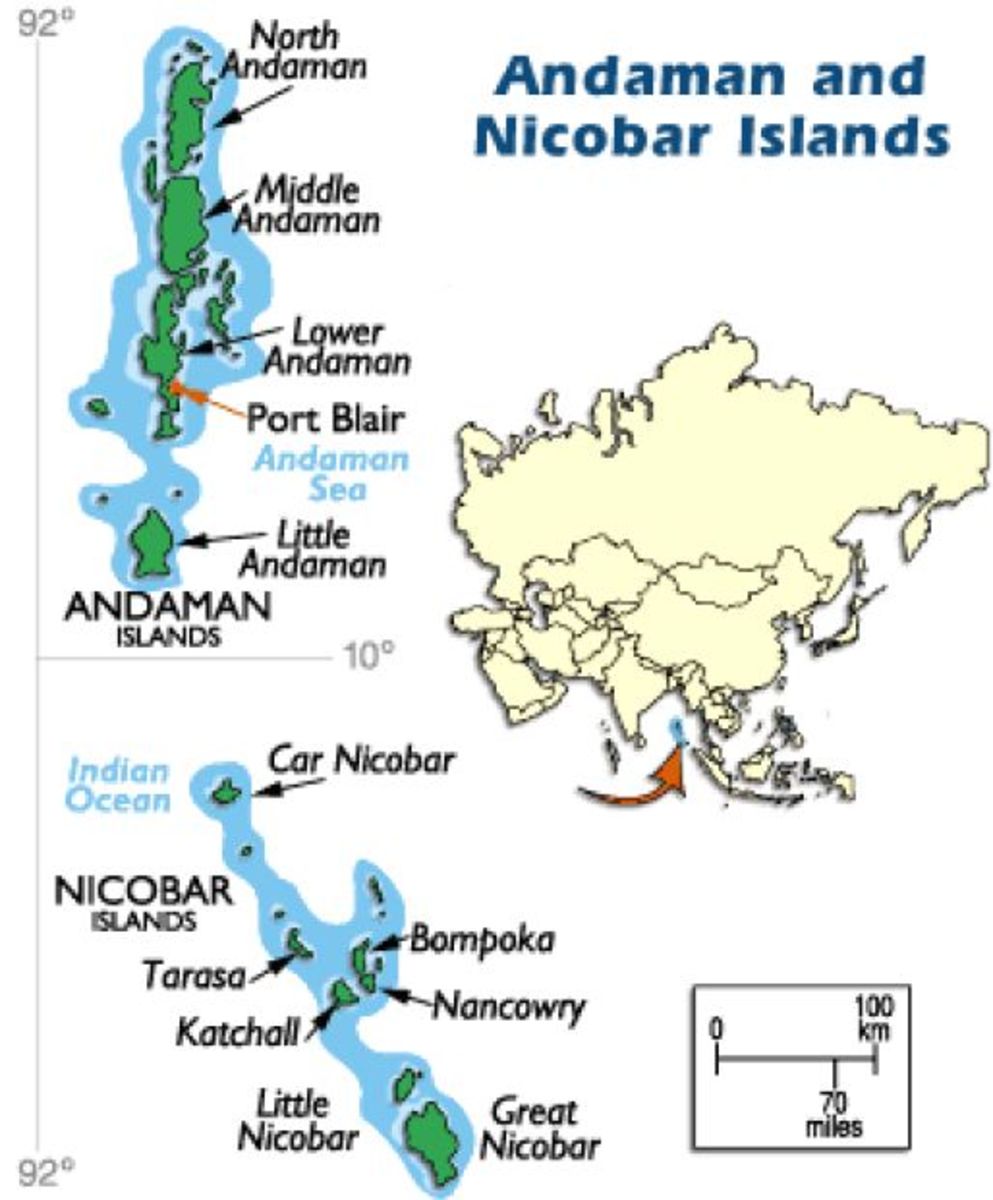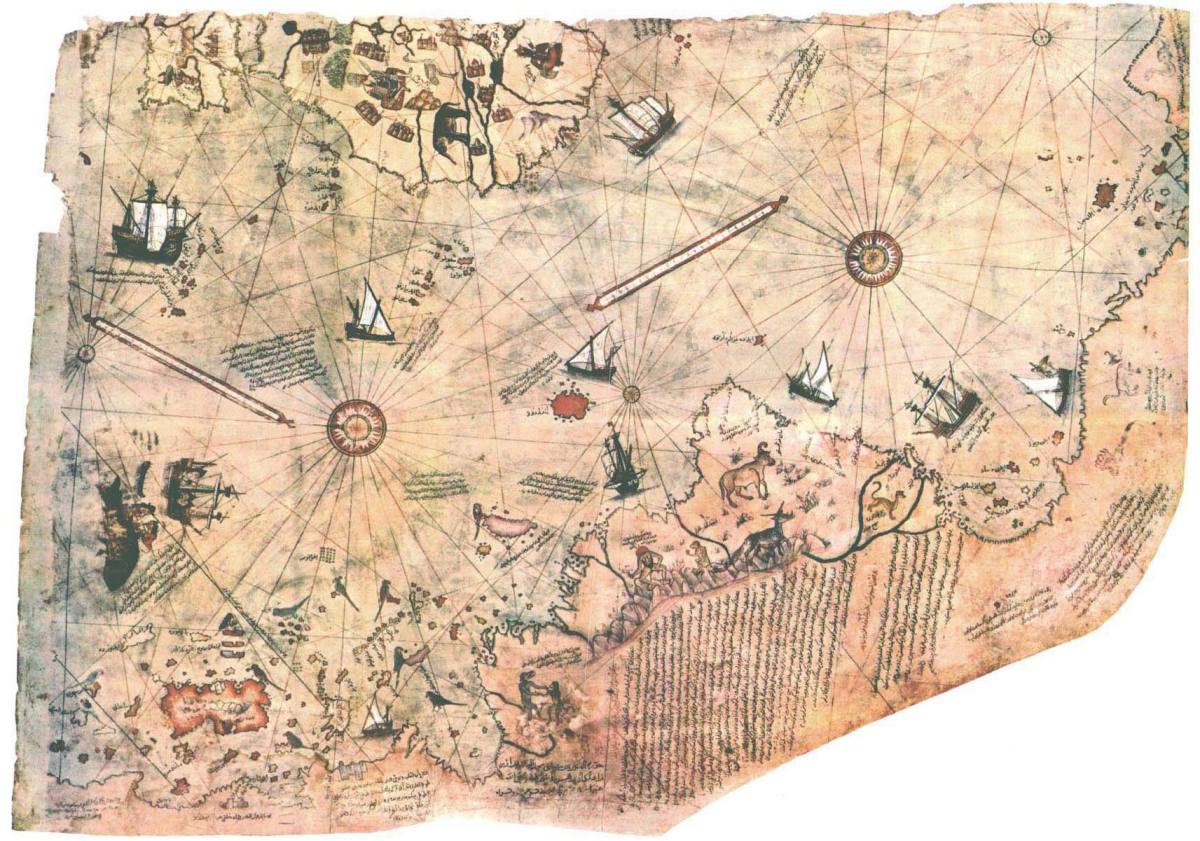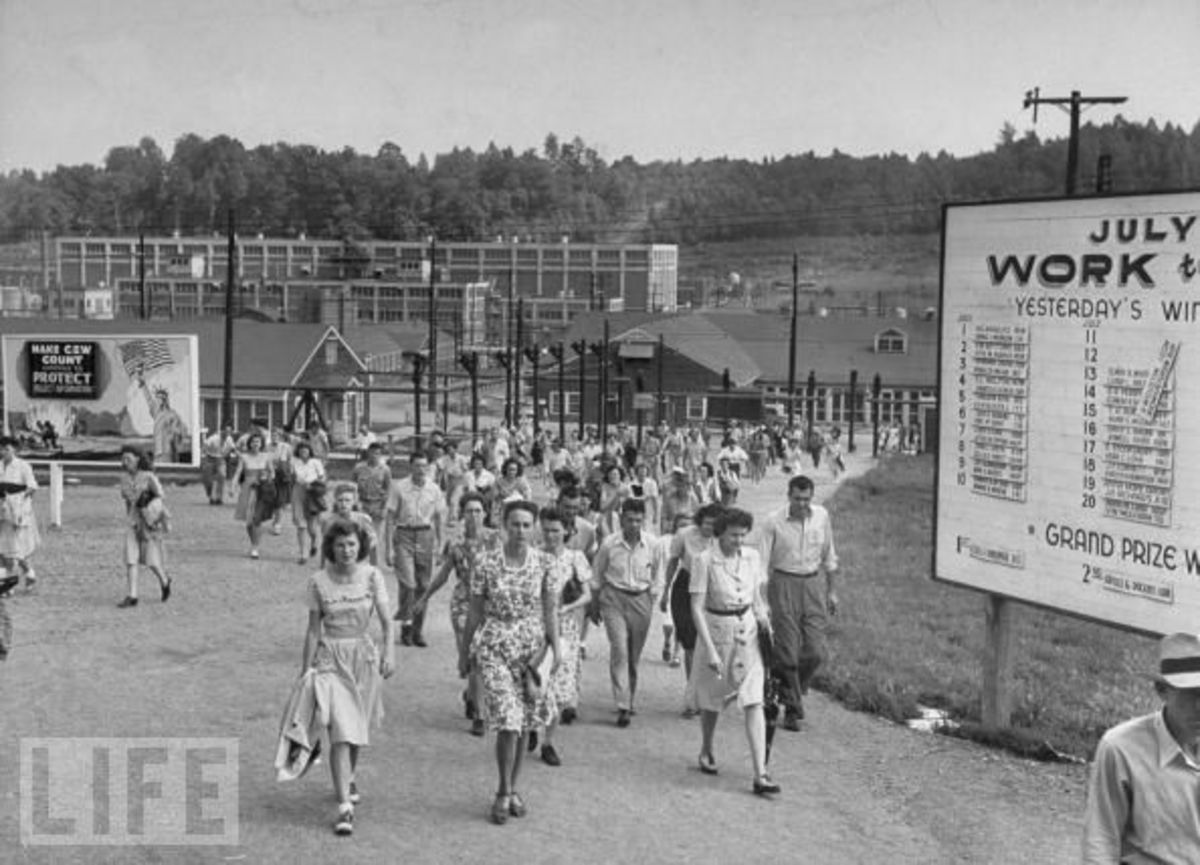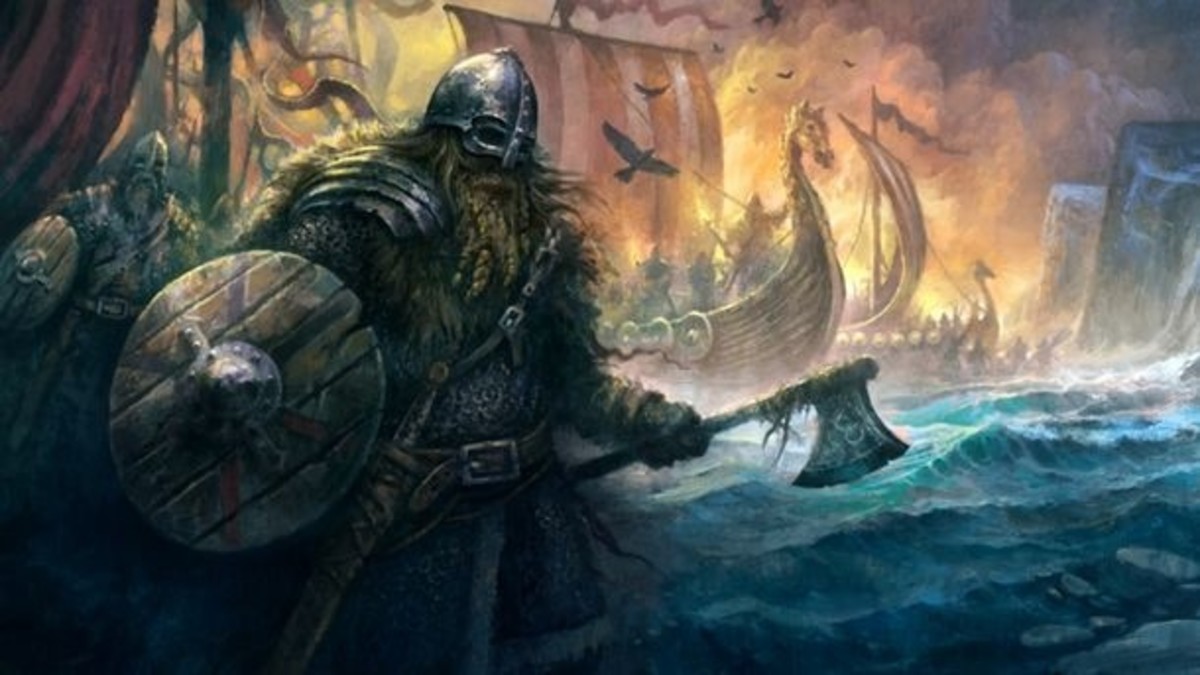British Imperial Control over Ireland - 1800 - 1921
Introduction
The British Empire held unofficial control over sporadic parts of the Island of Ireland prior to 1800, but The Act of Union (Ireland) 1800, placed Ireland under the control of Britain and effectively created the United Kingdom of Great Britain and Ireland. Ireland would now be ruled against their will by the British Monarchy. Their chosen Legal system, the Brehon Law, which had worked so well for thousands of years, would be replaced by the Common Law system, which itself was still in it's infancy. Below we will hone in on some of the aspects of this union and the overwhelming effects the forced Union had on the occupants of Ireland.
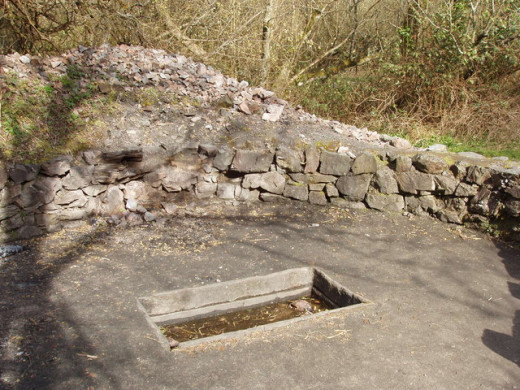
Food (Or Starvation)
Since ancient times, Ireland has been home to an abundance of culinary treats. As far back as 200 AD honey was used as both a medicine and food. Most families had their own hive or corcog from which to produce honey. Under Brehon law their was even a 20 page document relevant to Bees and "Bee Judgements" setting out rules and regulations on bee farming. Corn, Oats, Barley, Rye and a whole variety of cereals were grown and consumed across the land. Ireland was one of the first civilizations in the world to practice modern farming and irrigation. The oldest cooking instruments in the world such as a fulacht fia (the worlds first purpose build cooker of sorts dating back to 1,500 BC) call Ireland home.
With the Norman invasion and later the occupation of Ireland by the British Empire, the British would seize land from the locals, place a lord over them, and "allow" the occupants to stay on their land as "Serfs" or slaves. There were many land acts passed granting rights such as fixity of tenure, but conditions for the locals only deteriorated. By the early 1800, a new crop had become mainstream. The potato had arrived from the new world.
Famines ravaged the UK and mainland Europe, killing hundreds of thousands. Food became a commodity. At this time the penal laws had been put in place by the ruling British Monarchy. Some of the laws included preventing Irish from purchasing or owning any parcel of land. Irish were not allowed to vote or run for office or to live within 5 miles of a town. Many of the laws forced the Irish into the countryside, where the farmed for their lords. Within the increasing worth of food, the Lords began to seize all crops except the potato.
Now, with almost half of the Irish people completely reliant on potatoes their health began to deteriorate. By 1840, blight, a disease that rots potatoes was rampant in Ireland. By this time, the British Empire completely controlled all Ports cities where the Irish were not allowed to reside due to the penal laws. The food was seized and kept within the city limits, most of which was exported. Over 1,000,000 Irish people died and over 1,000,000 more immigrated. The country was left decimated and without food. Meanwhile, the British Monarchy opened "workhouses" where they stated that they would feed the poor. To the general population these were known as death houses. The people who occupied them build what are popularly known today as famine follies. Pointless monuments, an example of which are the hundreds of miles of walls that stretch to nowhere which still stand today in County Clare and County Galway. The starving occupants of the workhouses were worked to death and received little food for their trouble.
This period of history was called the great hunger. Prior to the Act of Union, Irish people ate their fill. It seemed horrendous to imagine that within 40 years of the Act of Union, the population had been cut in half due to starvation while in the same period, the population of the UK doubled.
Today, Ireland obviously enjoys a rich abundance of cuisine, is home to some of the best restaurants in Europe and some of the largest agricultural corporations in the World.
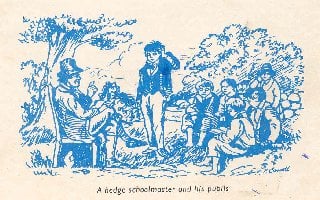
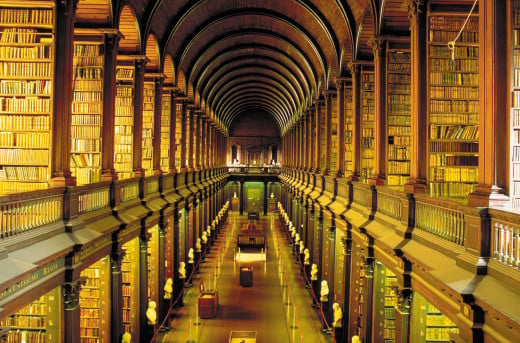
Education
With thousands of years of rich heritage, ancient texts such as the book of Kells and buildings such as Newgrange that are estimated to be approximately 6,000 years old, the inhabitants of Ireland were never short of education, nor did they lack smarts. This all began to change though around the time of the Norman invasion of 1169.
The decline in education came to it's peak prior to 1800, with the enactment of the Penal Laws by the British Monarchy, which prevented Irish individuals from gaining an education unless they converted to Anglicanism from Catholicism. By the year 1800, the educational system as it has been, was in pieces. The British empire, since the days of the Norman invasion had worked to dismantle the Gaelic culture, the Brehon Legal system and the religious beliefs of the Irish people. All of these elements were incremental parts of the Irish educational system. The vacuum was largely filled by hedge schools, an underground school of sorts set up by the catholic church to educate.
In a way, the only education available now, was to be provided by the catholic church. Over time this only further separated what the "governing powers" wanted of the people, and what the people wanted.
Although 1830 saw the establishment of the National School system, the many hedge schools continued to operate until the 1890's. The massive irony, once again, regarding the National School system, was that within a few years of its foundation, the catholic church gained control of almost the entire system. Although the "puppet state" set up by the British Monarchy should have been running the school system, the Monarchy provided little to no funding, which meant that the Catholic church stepped in to teach an effective yet biased education. Once again, the British Monarchy's attempts to stifle Catholicism, actually further entwined the Irish culture with Catholicism. Like so many other instances in history, they had dismantled a functioning system, only to leave a void which in turn was filled by a fundamentalist body.
Ireland once again gained independence in 1921 following the successful rebellion of 1916. The new system set up under the independent Irish Free State government has become a huge success today and is ranked among the best in the world. Just this year, Ireland ranked among the top 10 most educated countries in the world. And according to 'The Learning Curve report, carried out by the Economist Intelligence Unit for educational publishers' has the 11th best schooling system in the world.
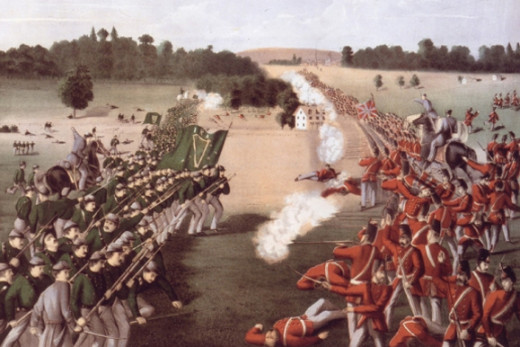
The Legal System
The Irish Legal system known as Brehon Law had flourished for over a thousand years. Following the Norman Invasion of 1169, this legal system, which granted many rights to women and was quite advanced for it's time, began to erode. The invaders arrived with the aim of setting up their own legal system. A common law system which was at this point completely inept and consisted of Writs. Writs were inflexible laws that saw some of the worst murderers freed due to the evidence not "ticking the right boxes" while at the same time, the Monarch could hand down a sentence for little to no reason. By the Act of Union in 1800, the Common Law had grown and advanced, but it still was not a system that suited the people of Ireland as well as their own. It was more of a system that allowed for persecution and was just flexible enough to allow for the invading forces to change the law to suit their "needs". It also lacked in the areas of woman's rights, Divorce and Trespass laws, and was heavily influenced by religious bias.
The Common Law in Ireland enacted such penal Laws as taking away Irish peoples right to vote or hold office. Seizing all land from anyone Irish. Irish people were not allowed to live within 5 miles of a town or city. Irish were no longer allowed to receive an education. Edmund Burke described the Penal Laws as "impoverishment and degradation of a people and the debasement in them of human nature itself".
This Legal system did not suit the Irish people and if anything aimed to wipe the culture out. As can be seen across the world and history, once independence was gained in 1921, the system immediately began to change for the better. One such example was in allowing women to vote by 1922. The Irish Free State repealed the Penal laws as well.
